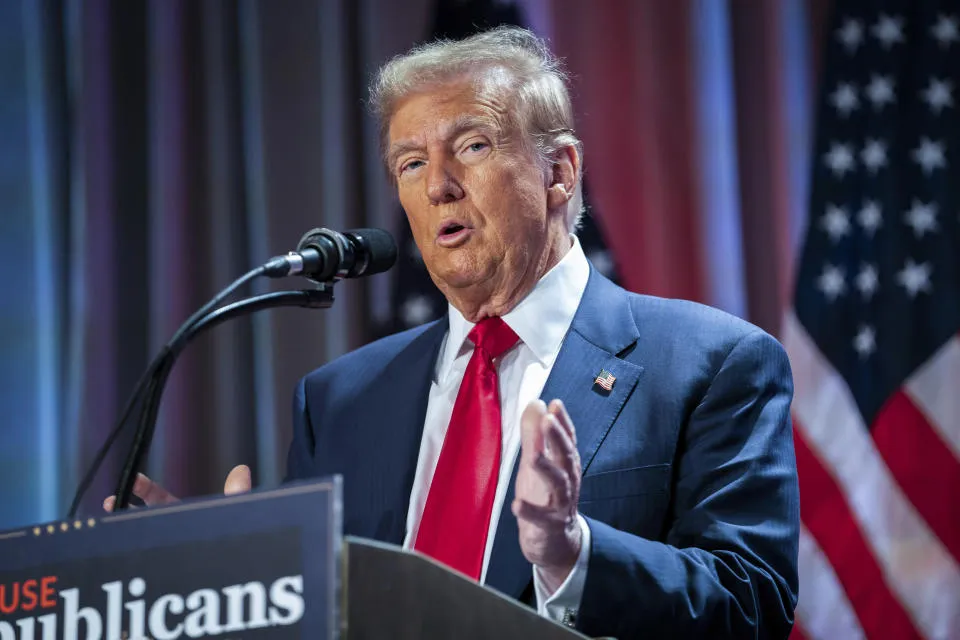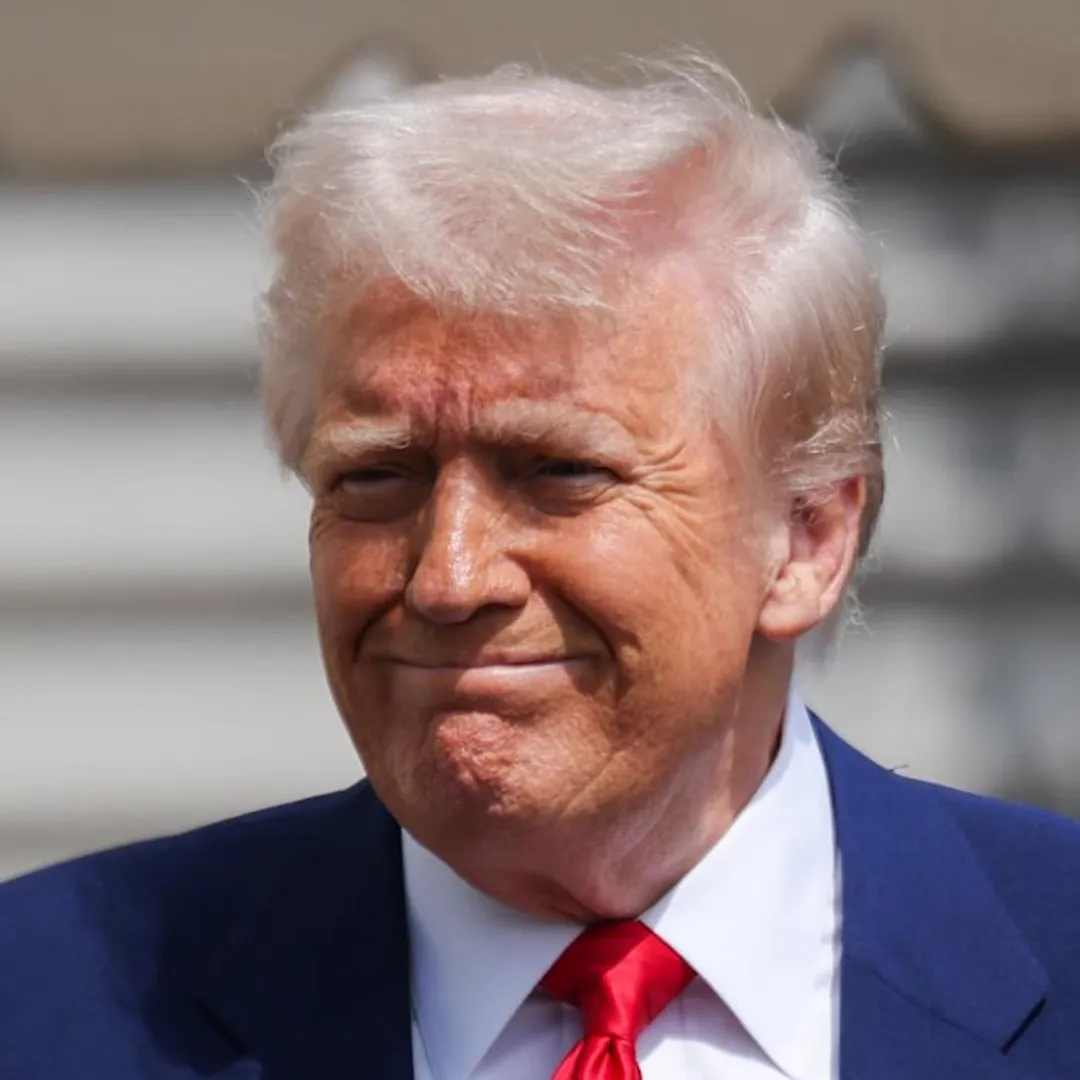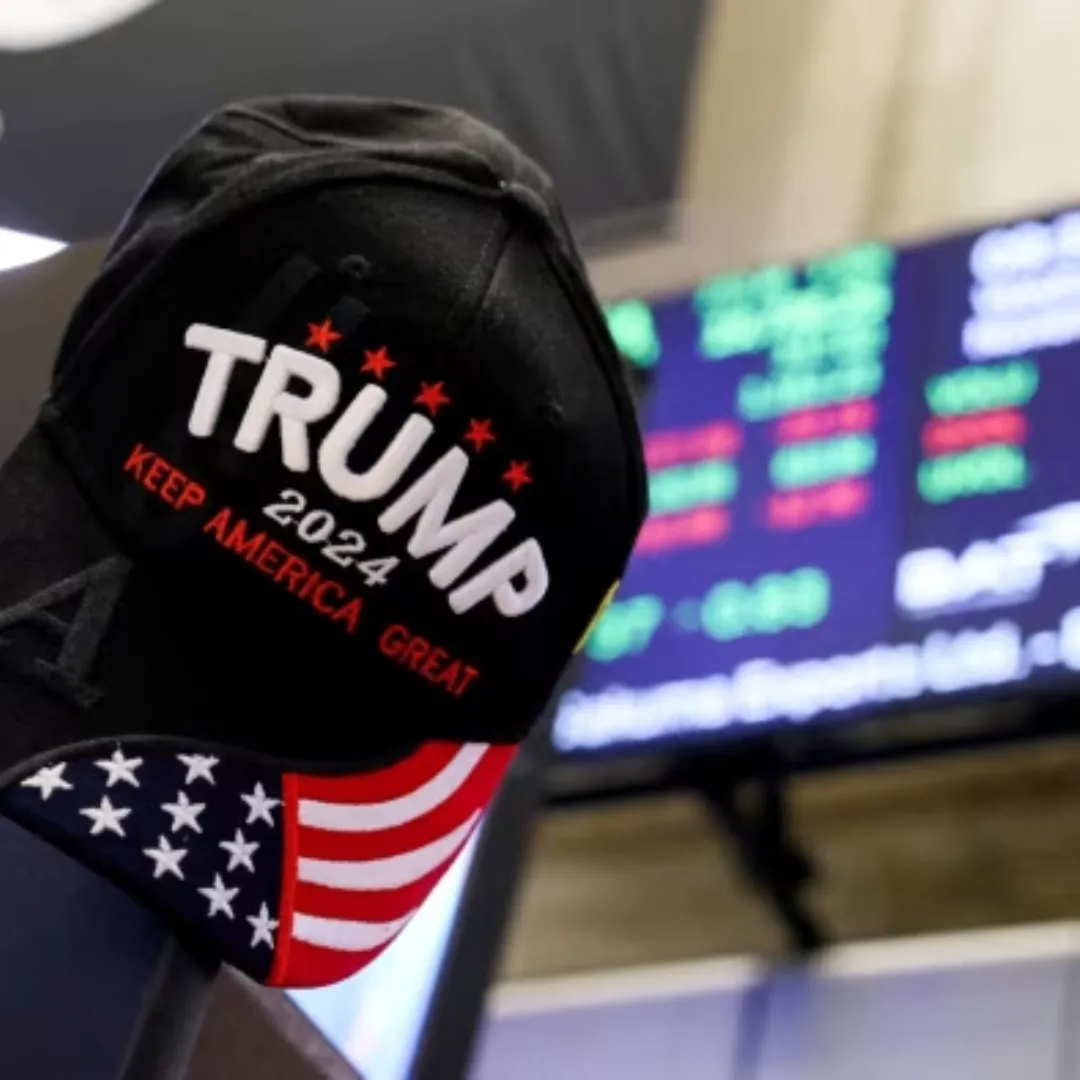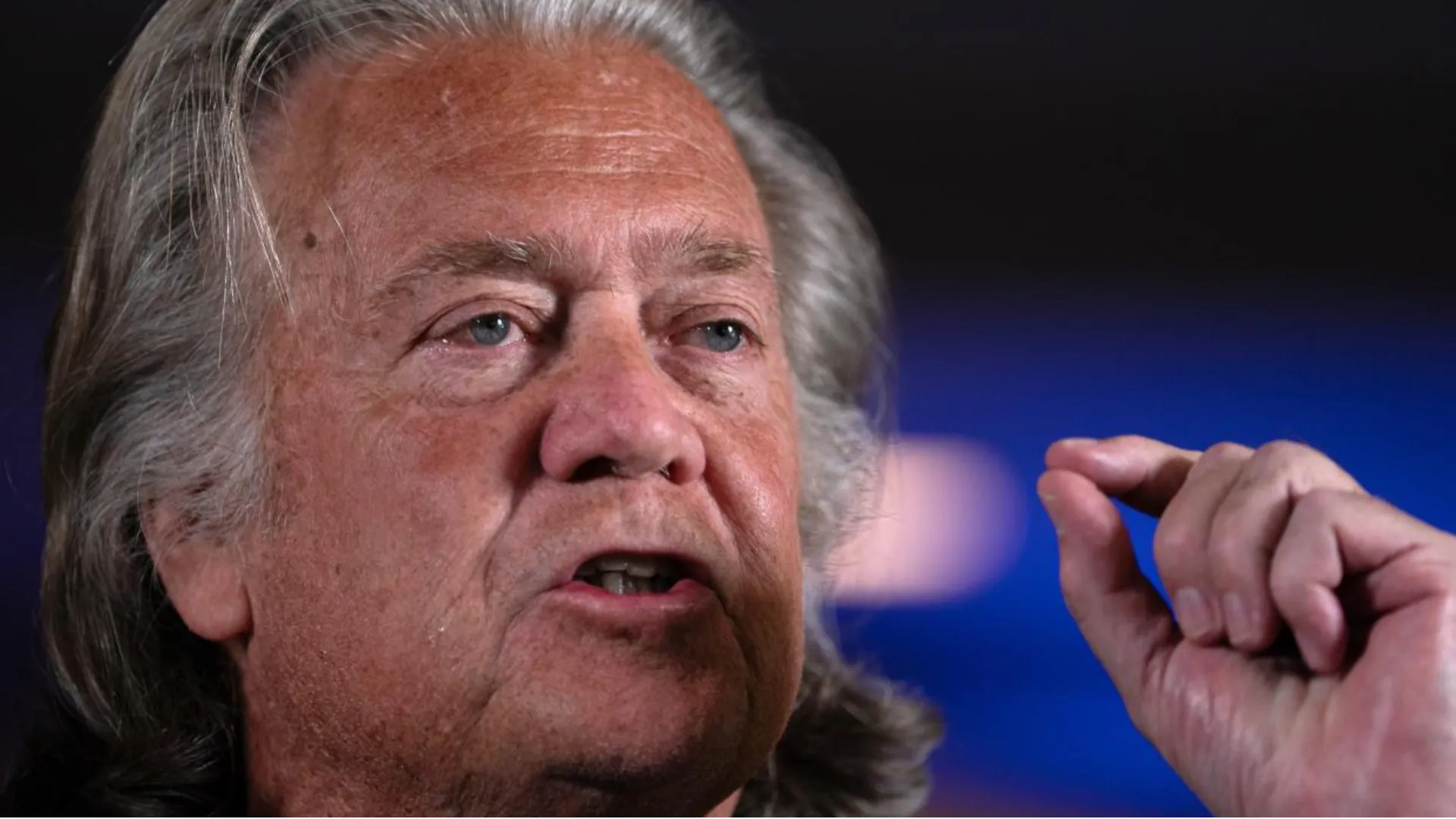
On Wednesday, President Donald Trump declared that April 2 would be “Liberation Day,” a day marked by the implementation of a new series of tariffs that he believes will free the United States from its reliance on foreign goods.
The tariffs, which could impact industries such as automobiles, pharmaceuticals, and raw materials, are part of Trump’s ongoing trade agenda aimed at reshaping America’s economic relationship with other countries. While Trump remains resolute in his support for these tariffs, they have raised serious concerns about their potential effects on the U.S. economy and global trade dynamics.
The specifics of Trump’s proposed tariffs remain somewhat unclear, but what is certain is that these new trade penalties could have a significant impact on American consumers, businesses, and the global economy.
As the Trump administration continues to push forward with its tariff policies, the economic implications are becoming clearer, with many experts warning that these measures could lead to higher prices for U.S. families, a slowdown in economic growth, and retaliatory tariffs from other countries.
Trump’s labeling of April 2 as “Liberation Day” is a highly symbolic gesture. For Trump, the tariffs represent a bold step towards what he sees as America’s economic redemption. He believes that by imposing tariffs on foreign goods, the U.S. will reclaim control over its economic destiny, reduce its trade deficit, and revive manufacturing jobs that he argues have been lost to foreign competition.
For the president, this is not merely about economics—it is about asserting American sovereignty and dismantling what he perceives as unfair trade practices by other nations.
Trump has repeatedly framed his tariffs as a form of national liberation. Last year, he called November 5 “Liberation Day” in America, the day of the presidential election. Later, he referred to January 20, 2025, the date of his second inauguration, as another “Liberation Day.”
In Trump’s view, each of these days represents a moment when America breaks free from the shackles of foreign influence and reclaims its economic strength. This rhetoric echoes his long-standing obsession with tariffs, a tool he has advocated for since the 1980s to protect American industries and promote domestic growth.
However, Trump’s view of tariffs as a form of liberation has not been embraced by all. Critics argue that the new round of tariffs could lead to harmful economic consequences, both for the U.S. and its trading partners.
While Trump sees tariffs as a means of leveling the playing field, many economists believe the policy will have the opposite effect, causing higher prices for consumers and stifling economic growth.

Most economic analysts agree that the tariffs Trump is proposing will likely result in higher prices for U.S. consumers. By imposing taxes on imported goods, particularly items like automobiles, pharmaceuticals, and raw materials, companies will pass those costs onto consumers.
This means that the very people Trump claims to be helping—working-class Americans—could end up paying the price for his trade policies.
The tariffs on automobiles, for example, could raise the cost of a vehicle by thousands of dollars, potentially reducing consumer demand and slowing down the automobile industry.
According to economist Art Laffer, if the auto tariffs are fully implemented, they could increase the per-vehicle cost by $4,711. This could lead to lower sales and job losses in the automotive sector, a key industry in the U.S. economy.
The impact of the tariffs is not limited to the automobile industry. Other sectors, including housing, pharmaceuticals, and agriculture, could see prices rise as well.
For example, tariffs on lumber and copper could increase the cost of building homes, making it harder for Americans to afford housing. Additionally, the proposed tariffs on pharmaceutical drugs could lead to higher prescription costs, further straining family budgets.
Economists warn that these price increases could have broader economic implications. Higher costs for consumers could lead to reduced spending in other areas, slowing down overall economic growth.
Goldman Sachs has estimated that the U.S. economy will grow at a slower rate in the coming quarter, projecting a growth rate of just 0.6%, down from 2.4% at the end of the previous year. The result could be a sluggish economy, with lower wages and fewer job opportunities.
In addition to the economic costs, Trump’s tariff policies could lead to greater political and economic instability. Other countries are likely to retaliate by imposing their own tariffs on U.S. goods, further escalating the trade war.
These retaliatory tariffs could hurt American exports, particularly in industries such as agriculture, where foreign markets are critical to the survival of U.S. farmers.

Despite the warnings from economists and industry leaders, Trump remains undeterred in his belief that tariffs will revitalize American industry. He has repeatedly argued that tariffs will encourage U.S. companies to bring manufacturing jobs back to America, reducing dependence on foreign goods and boosting domestic production.
In his view, higher prices for foreign goods will prompt consumers to buy American-made products, helping to drive economic growth.
“I hope they raise their prices, because if they do, people are gonna buy American-made cars,” Trump said, dismissing concerns that tariffs will lead to higher prices for consumers.
“I couldn’t care less because if the prices on foreign cars go up, they’re going to buy American cars.” Trump’s optimism about the effects of tariffs reflects his broader economic philosophy, which prioritizes domestic production and the protection of American jobs over global trade agreements.
However, experts are skeptical about the feasibility of this vision. While it is possible that some companies will relocate manufacturing to the U.S. to avoid tariffs, the process of rebuilding America’s industrial base could take years.
Many companies may find it more cost-effective to continue importing goods from countries with lower labor costs, rather than building factories in the U.S. In the meantime, consumers will bear the brunt of higher prices, with little guarantee that the long-term benefits will materialize.
Trump’s tariffs are already causing ripples in the global economy, with many foreign leaders expressing concern over the potential fallout from the trade war.
Canadian Prime Minister Justin Trudeau has condemned the tariffs, stating that they have damaged the long-standing partnership between the U.S. and Canada. In response, Canada has already announced retaliatory tariffs on U.S. goods, further escalating the trade conflict.
French President Emmanuel Macron has also criticized the tariffs, calling them “not coherent” and warning that they will create inflation in the short term and destroy jobs. Macron has promised that France will defend itself against the tariffs, aiming to dismantle them through negotiations.

Similarly, Mexican President Claudia Sheinbaum has avoided direct retaliation but has emphasized the importance of protecting jobs in Mexico.
The Chinese government has been particularly vocal in its opposition to Trump’s tariffs. A spokesperson for China’s Foreign Ministry argued that tariffs would harm the global trading system and fail to address the economic challenges that Trump has identified.
“There are no winners in trade wars or tariff wars, and no country’s development and prosperity are achieved through imposing tariffs,” the spokesperson said.
Despite the widespread criticism of his tariff policies, Trump remains steadfast in his belief that tariffs are essential to America’s economic future. For Trump, tariffs represent a tool of national liberation—an opportunity for America to assert its dominance in global trade and reclaim its economic power.
He views the trade wars as a necessary step in breaking free from the grip of foreign competition and restoring the strength of U.S. industries.
However, this vision of economic resurgence is not without its challenges. The U.S. economy is deeply interconnected with the global market, and imposing tariffs could disrupt supply chains, increase costs for American consumers, and lead to a broader economic slowdown.
Furthermore, the retaliatory tariffs imposed by other countries could hurt American businesses, particularly those that rely on exports to foreign markets.
Trump’s stance on tariffs reflects his broader economic philosophy, which prioritizes protectionism and nationalism over free trade and global cooperation. While this approach resonates with his political base, it remains to be seen whether the long-term effects will be beneficial for the U.S. economy or whether they will lead to more economic hardship for American families.
Trump’s “Liberation Day” tariffs represent a bold and controversial attempt to reshape the U.S. economy and reduce America’s reliance on foreign goods. While the president views these measures as a path to national redemption, many economists, business leaders, and foreign governments warn that the tariffs could have serious consequences for the U.S. economy and the global trade system.
As the U.S. enters this new phase of trade policy, the effects of Trump’s tariffs will likely be felt for years to come, shaping the future of American industry and its place in the global economy.




